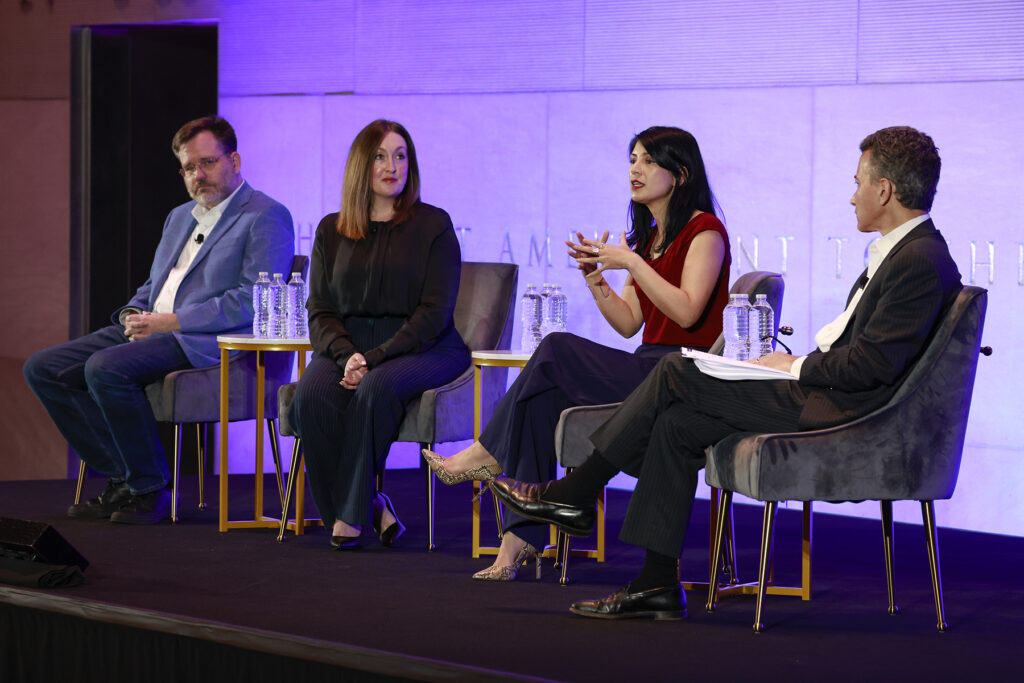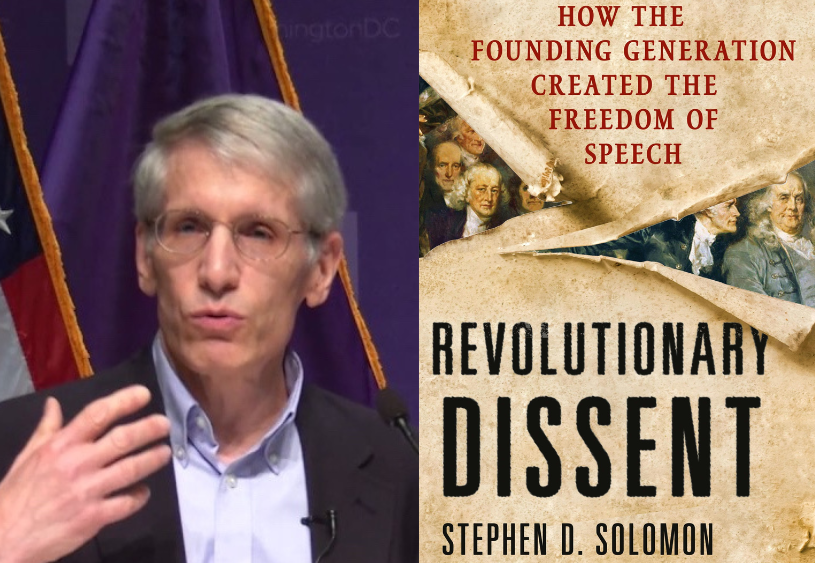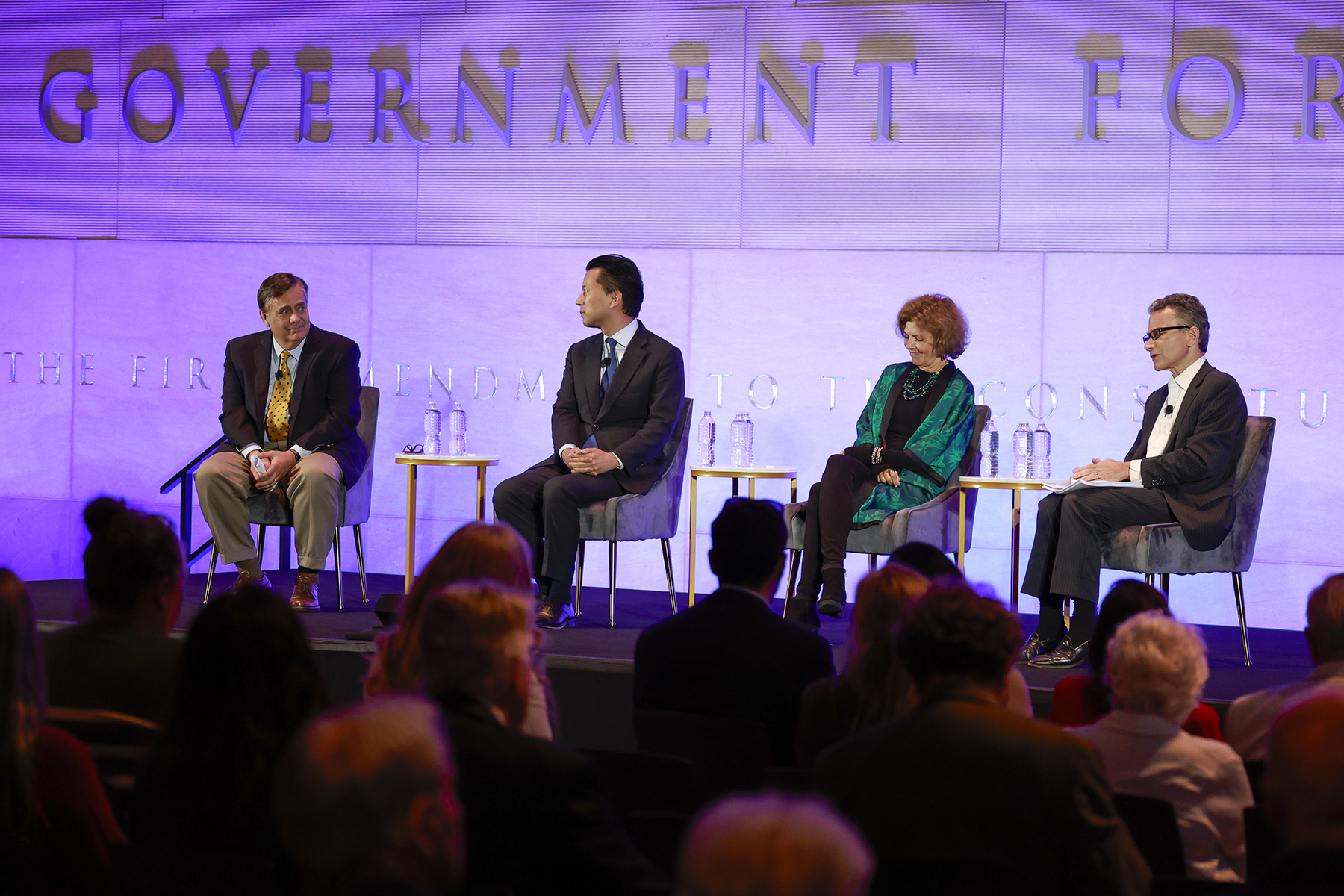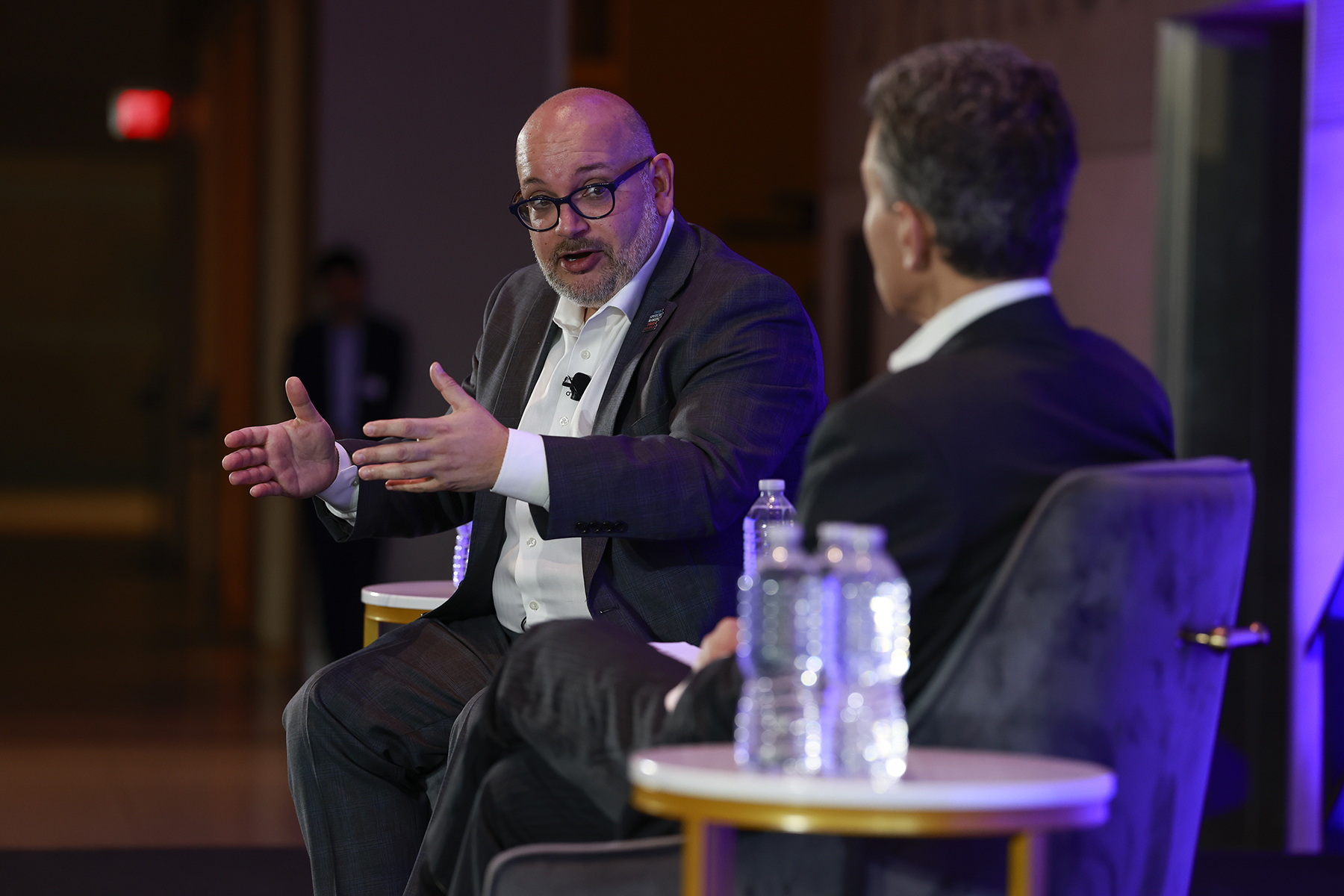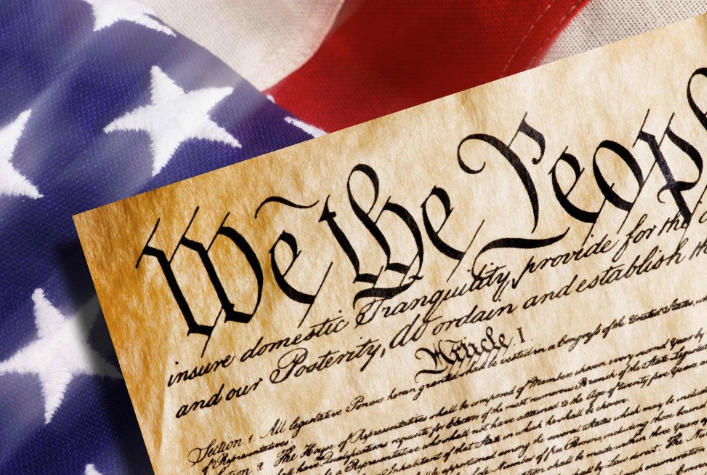Leading First Amendment scholars convened to discuss campus speech and how educators and administration can balance the tension between free speech protections and student protest at the National First Amendment Summit in Philadelphia on Tuesday.
The event, co-hosted by the National Constitution Center, NYU’s First Amendment Watch and the Foundation for Individual Rights and Expression (FIRE), addressed the increasing threats to freedom of expression and academic freedom on campus.
Moderator Jeffrey Rosen, president and CEO of the National Constitution Center, was joined on stage by Mary Anne Franks, author and professor at George Washington University Law School; Alex Morey, vice president of campus advocacy at FIRE; and Keith Whittington, author and professor at Yale Law School. The panel discussion focused on campus speech rights and where university administrators can draw the line, if at all, between protecting freedom of speech and guaranteeing a safe learning environment.
Since the beginning of the Israel-Hamas war, colleges and universities across the country have been embroiled in conflict, with demonstrations from pro-Palestinian and pro-Israeli groups bringing campus tensions to new heights. Some school leaders have been accused of failing to adequately protect their students from bigotry, highlighting conflicts between free speech principles and university codes of conduct.
The explosive and tumultuous campus environments brought top campus officials and other educational administrators across the country under scrutiny, with Congress’ House Education and Workforce subcommittee holding a series of hearings on antisemitism.
Rosen asked the panelists a similar question that was asked of university officials at these hearings: “Can and should calls for the genocide of Jews on campus be protected by the First Amendment or not?”
Whittington said that “we have to be very cautious” in thinking that “universities ought to be patrolling their campus community for people who might be engaging in some kind of genocidal rhetoric,” arguing that “we don’t generally really want to invite government officials or campus officials to be investigating exactly what kind of political rhetoric people were using at political rallies.”
Morey said the Israel-Hamas war is the focus of many campus discussions and that “universities are failing in marshaling their resources to ensure that that can happen in a really robust way.”
“Instead, they’re playing controversy ‘whack-a-mole’ and trying to drag people off campuses who are not fitting the orthodoxy or what the legislator wants or what the donor wants,” she said. “Instead, we need them to do their job, and especially on public campuses, protect First Amendment freedoms.”
Franks, on the other hand, said the questions of whether certain speech should be supported, promoted, allowed or controlled are “much harder questions than the First Amendment is able to answer.”
“Part of what we have to get beyond is thinking that the First Amendment provides those answers, and that it’s the best possible way to figure out free speech and these hard conflicts within a community,” she said. “The thing that is really incredibly upsetting about the whole debacle of the congressional hearings, is the congressional hearings themselves. The First Amendment’s only job, really, is to say that the government cannot intervene against speech simply because it doesn’t like it. What were those members of Congress doing, except exactly that?”
Watch the full panel discussion:
